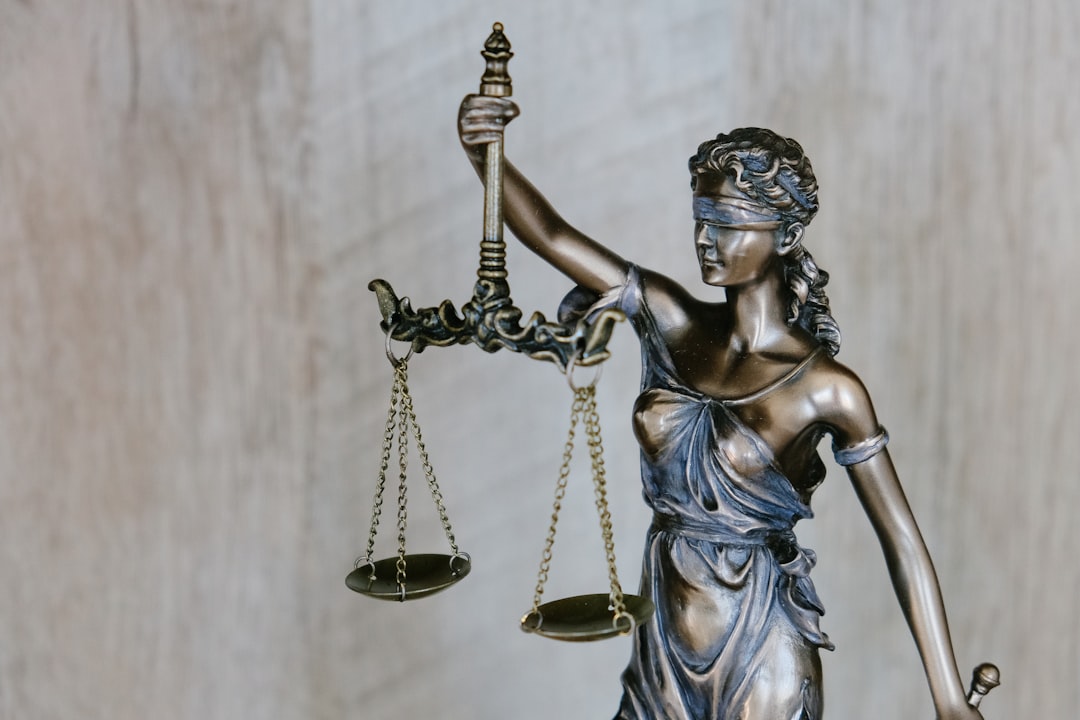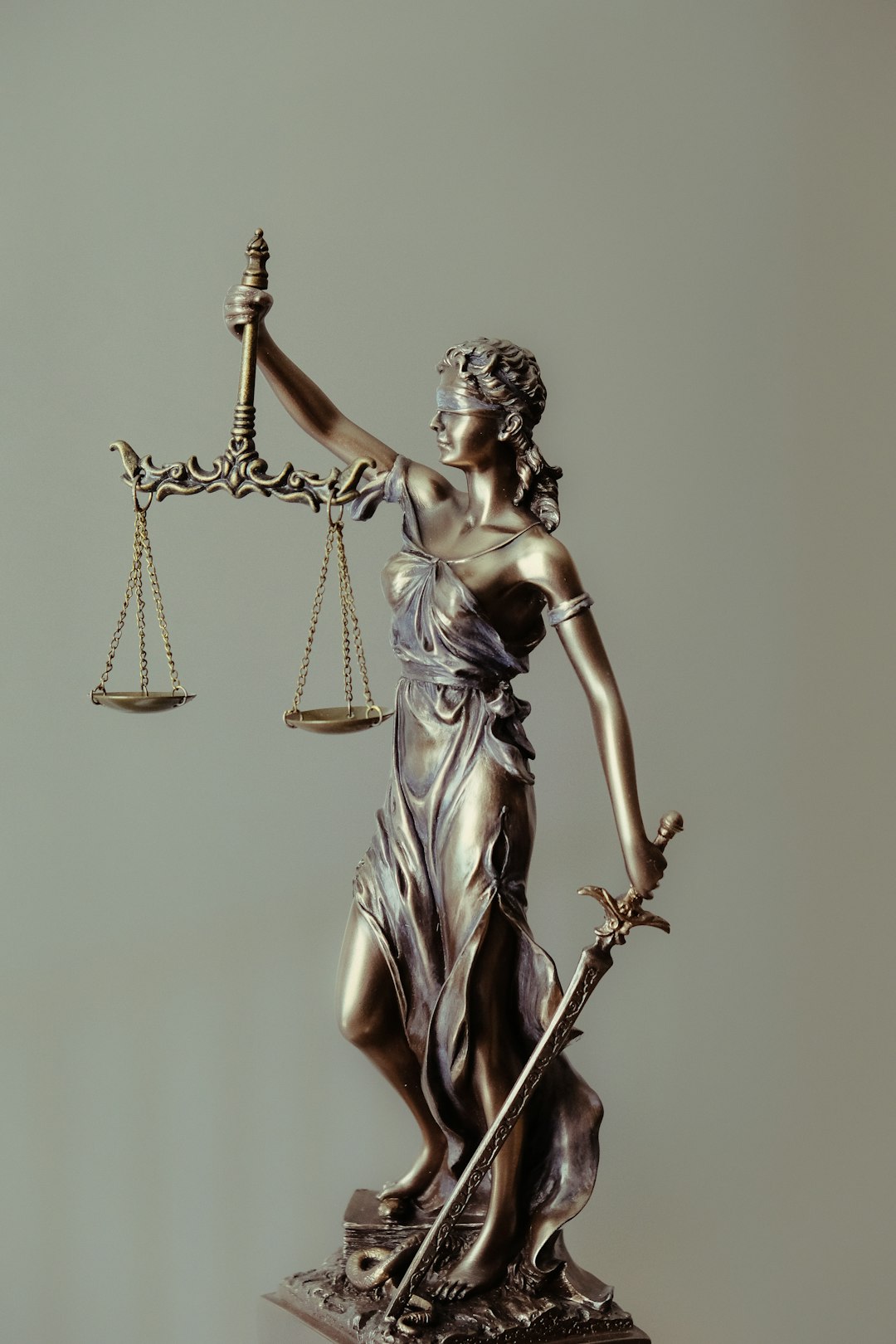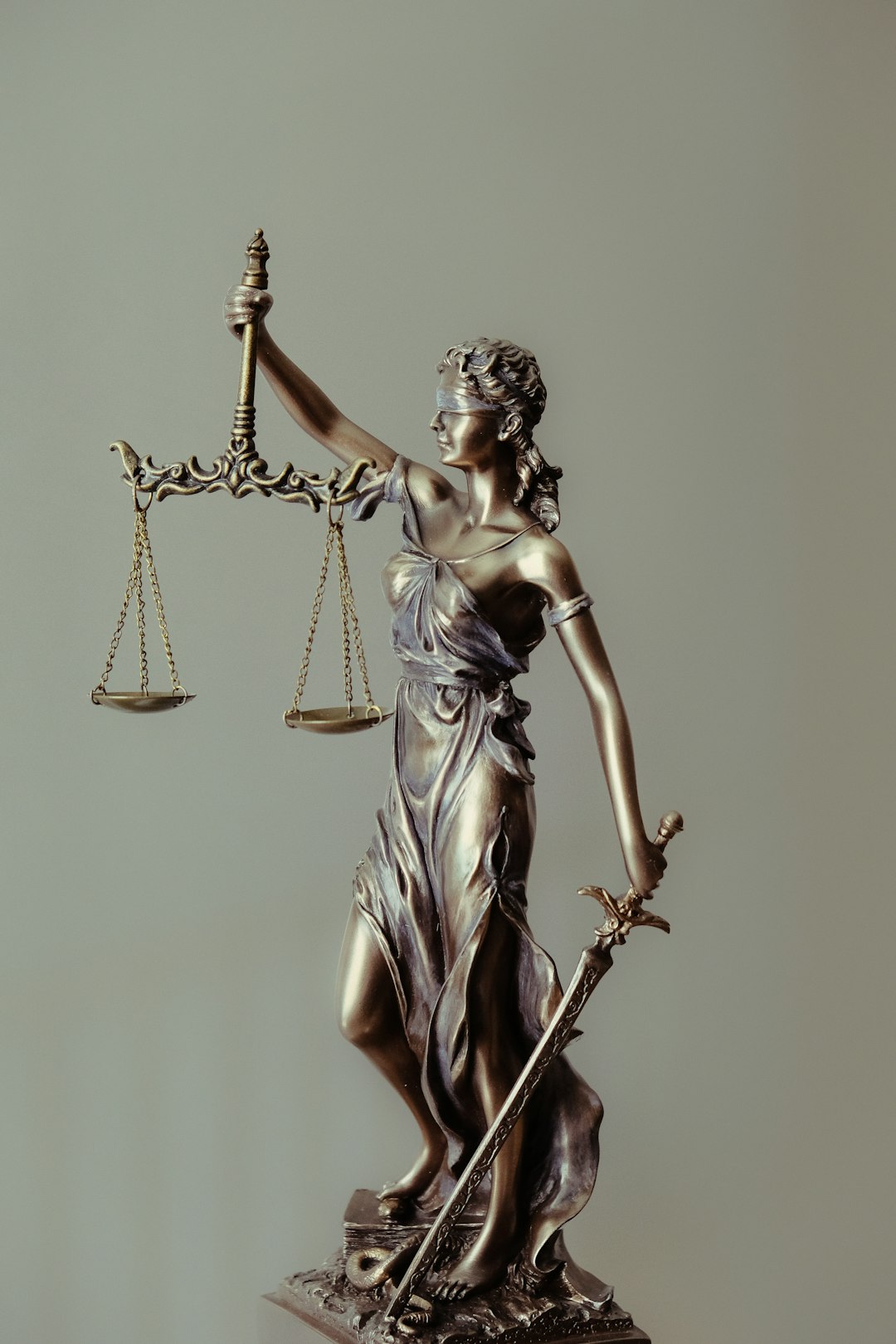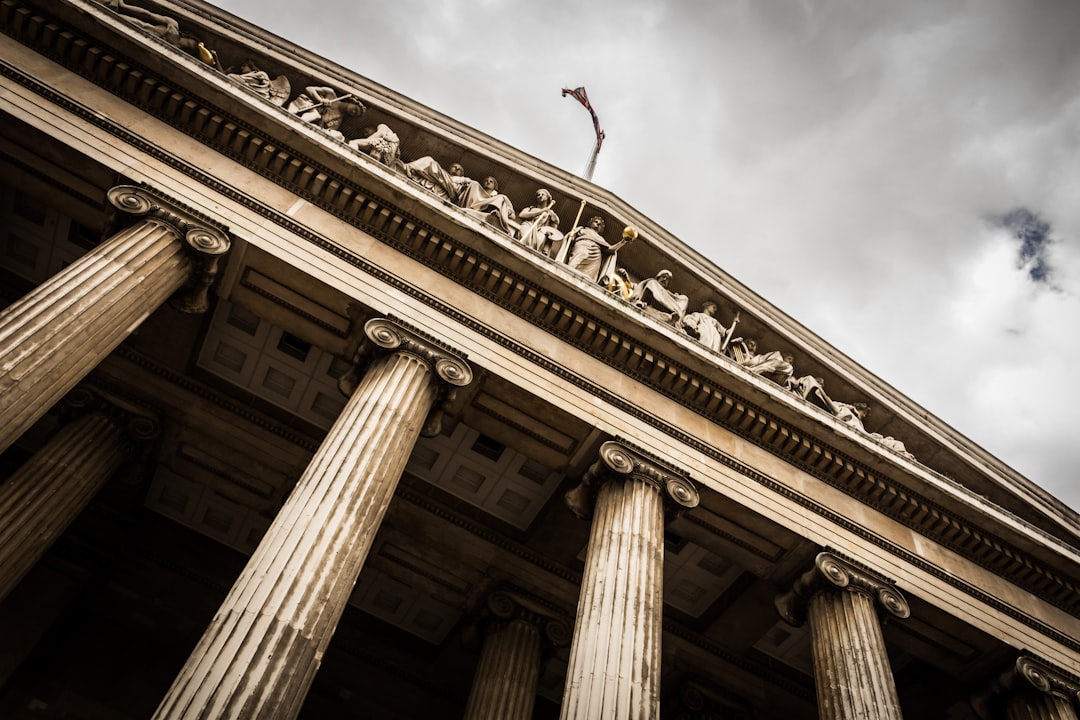In Kansas and similar communities with traditional values, cultural barriers like emphasis on family honor, privacy, language differences, gender roles, power dynamics, and lack of legal awareness deter sexual abuse survivors from coming forward. Access to culturally sensitive school abuse lawyers and attorneys can significantly encourage victims from diverse backgrounds to seek justice by understanding cultural nuances and providing guidance. Reputable school abuse law firms in Kansas that prioritize diversity play a crucial role in combating these issues, fostering an environment where more victims feel empowered to report and receive the support they deserve.
In Kansas, as across the nation, addressing school sexual abuse requires understanding the intricate interplay between legal frameworks and cultural norms. This article delves into how cultural factors significantly influence victims’ willingness to disclose such abuses, hindering justice and healing. We explore the impact of community expectations and taboos, analyze Kansas’ laws and their effectiveness in diverse cultural contexts, and propose strategies for empowering communities to foster safe disclosure, ensuring support for victims and holding perpetrators accountable through the assistance of school abuse lawyers Kansas, attorneys, and law firms.
Understanding Cultural Barriers to Disclosure
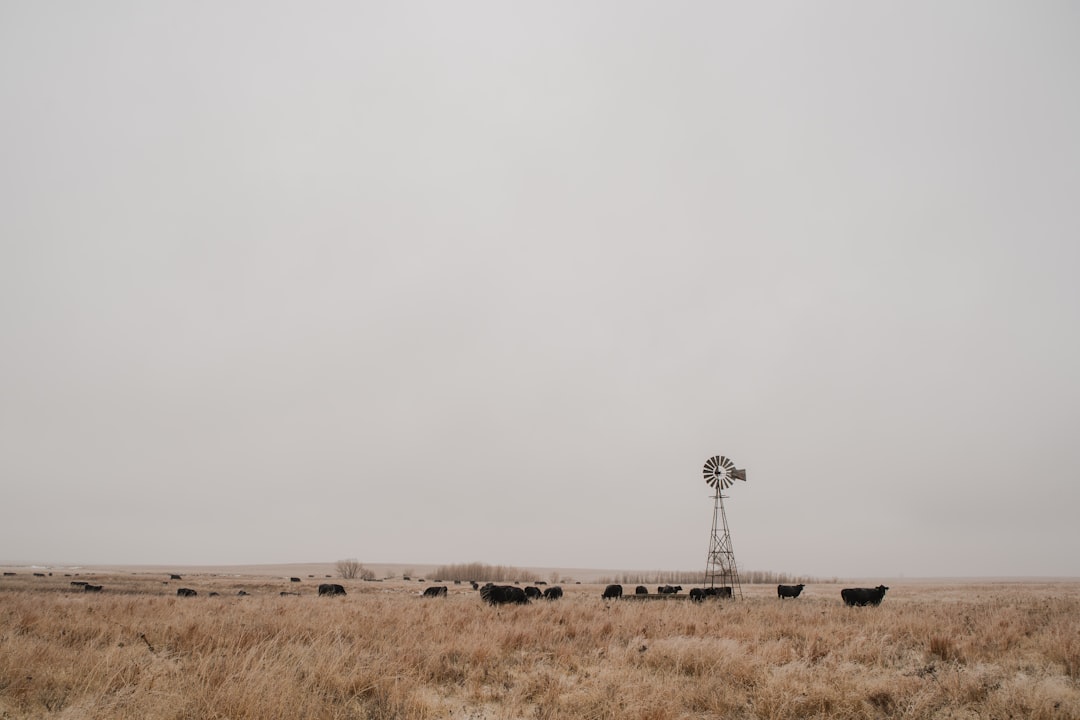
In many communities, particularly in Kansas, discussing sexual abuse within schools is often fraught with cultural barriers that can prevent survivors from coming forward. These barriers are multifaceted and deeply rooted in societal norms, traditions, and expectations. For instance, certain cultures may place a strong emphasis on familial honor and privacy, which can deter victims from revealing abusive experiences, fearing potential consequences for their family’s reputation. Additionally, language and communication styles vary across cultural groups, potentially creating misunderstandings or hesitations when seeking help.
Cultural beliefs around gender roles and power dynamics also play a significant role in concealing school abuse. In some communities, reporting such incidents may be perceived as a sign of weakness or failure, further discouraging victims from speaking up. Moreover, the availability and accessibility of legal resources, such as those provided by reputable school abuse lawyers in Kansas, can significantly impact disclosure rates. Survivors might feel empowered to come forward if they are aware of their rights and have access to experienced school abuse attorneys who understand cultural nuances and can offer sensitive guidance. Reputable school abuse law firms in Kansas that prioritize diverse and inclusive practices can make a substantial difference in encouraging survivors from various cultural backgrounds to seek justice.
– Exploring the impact of cultural norms and values on reporting school sexual abuse
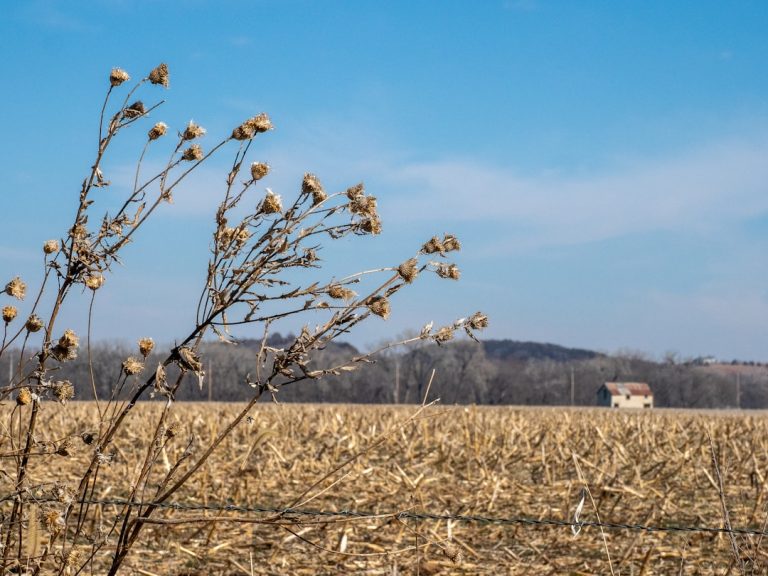
Cultural norms and values significantly shape individuals’ decisions regarding reporting school sexual abuse. In many communities, especially those with strong traditional values, discussing intimate or traumatic experiences like sexual abuse might be stigmatized. This stigma can deter victims from coming forward due to fear of judgment, shame, or potential retaliation. As such, it’s crucial for understanding why some incidents go unreported and ensure that support systems are culturally sensitive to address these concerns effectively.
In Kansas, where diverse cultural backgrounds coexist, a comprehensive approach is required to combat school sexual abuse. This involves educating communities about the availability of legal recourse through reputable school abuse lawyers or school abuse attorneys. By providing information on local school abuse law firms, victims and their families can be empowered to take action and seek justice. Recognizing cultural barriers and implementing strategies that consider these norms can facilitate reporting, ensuring that every victim receives the support and protection they deserve.
– Analysis of how community expectations and taboos might hinder victims from speaking out

In many communities, discussions around sexual abuse, especially within sensitive contexts like schools, are often shrouded in expectations and taboos that can deeply impact victims. The fear of stigma, judgment, or even retaliation might deter students from disclosing abusive experiences. These societal norms, though well-intentioned in preserving privacy, can inadvertently create a culture of silence where victims feel trapped. For instance, some communities may emphasize the importance of maintaining family reputation, leading to a reluctance to bring up incidents that could reflect negatively on parents or guardians.
Moreover, the presence of powerful community figures or authorities who are allegedly involved in such cases might further complicate matters. Victims may worry about repercussions or lack trust in legal systems and support networks, as seen in many instances where abusers hold positions of power within schools or communities. This complex web of expectations and taboos often prevents victims from seeking help, emphasizing the need for sensitive handling and robust support structures to encourage disclosure, as advocated by school abuse lawyers Kansas, attorneys, and law firms specializing in such cases.

